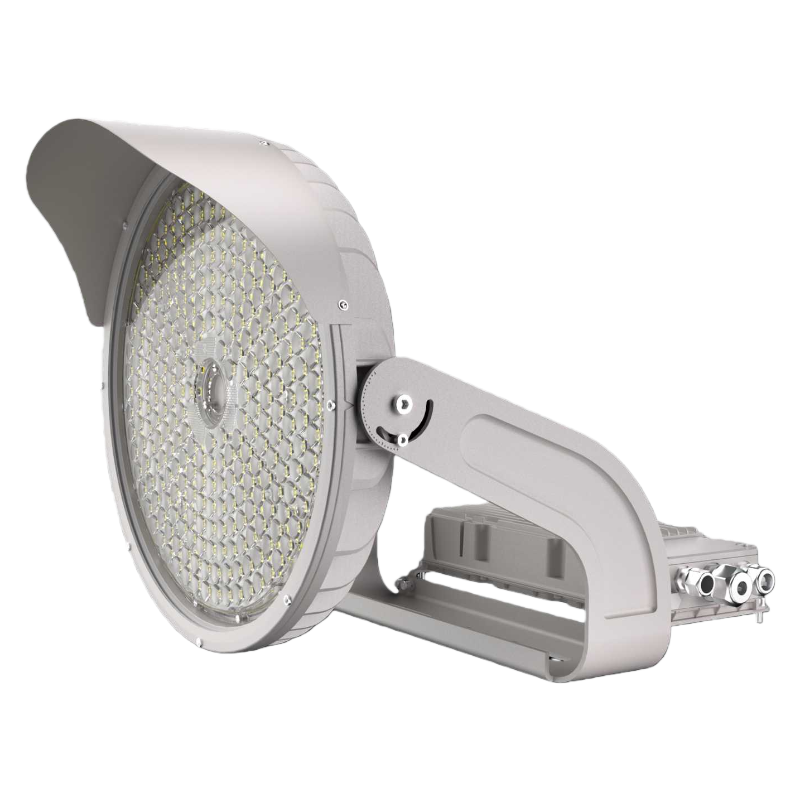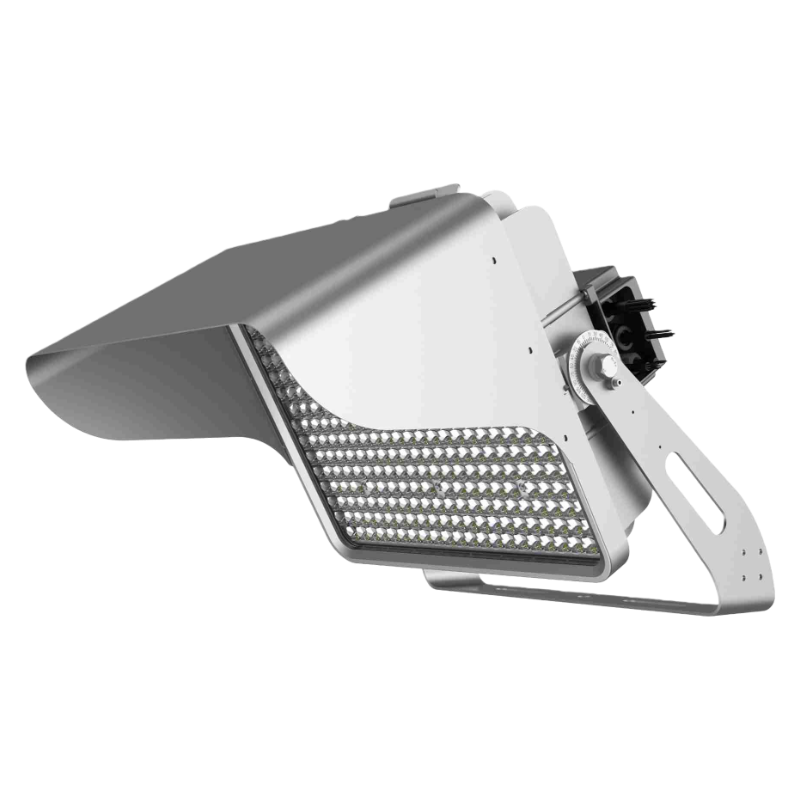ZC Lighting leads a new paradigm of cross-border trade with smart + green strategy
At the intersection of global energy transformation and digital technology revolution, the lighting industry is undergoing structural changes. ZC Lighting, a leading international lighting company, today released key strategic initiatives during the 2023 Frankfurt International Lighting Fair (Light + Building): jointly launched the "2023 Global Lighting Foreign Trade Resilience Development Report" with McKinsey Research Institute, and announced a $12 million smart street light project cooperation with Indonesia's National Electricity Company (PLN), marking that Chinese lighting brands have entered a new stage of value chain reshaping in the process of globalization.
Industry changes: data reveals three major structural opportunities
According to a report jointly released by ZC Lighting and McKinsey (data as of 2023Q2):
1. Green premium continues to be released: 42 countries around the world have raised lighting energy efficiency standards to ERP Tier 3, and the demand for cost-effective solar-LED integrated systems has increased by 217% year-on-year.
2. Smart lighting ecosystem explosion: IoT lighting equipment shipments exceeded traditional products for the first time, and smart control system procurement accounted for 68% in B2B scenarios;
3. Infrastructure window period in emerging markets: Southeast Asia, the Middle East, and Africa have an average annual demand for new road lighting of more than 5 million, but the local supply chain gap is 74%.
"This is not a simple product export, but a global competition and cooperation between technical standards and business ecology." ZC Lighting Global CEO Li Wei pointed out at the press conference, "The smart light poles we mass-produced in our Mexican factory meet the requirements of UL certification and the US Buy American Act. This 'compliance pre-positioning' capability has become the key to breaking the game."
Hard-core innovation: breaking the "impossible triangle" of foreign trade
Faced with the traditional contradictions of quality, cost, and delivery cycle, ZC Lighting reconstructs its competitive advantage through three core technologies:
1. Modular digital factory: The flexible production line put into production at the Haiphong base in Vietnam can switch to produce 6 types of certified standard products, such as EU CE, Middle East GCC, and US DLC, within 72 hours.
2. Photon computing engine: The new generation of IoT controller equipped with self-developed algorithms has increased the accuracy of street lamp energy consumption prediction to 92%, winning the gold medal at the Geneva International Invention Exhibition.
3. Carbon footprint visualization system: The full life cycle tracking platform developed in conjunction with the Swiss SGS Group has helped the German Aldi Group achieve the RE100 goal, reducing carbon emissions by 470 tons per project.
It is worth noting that for the Jakarta project in Indonesia signed this time, ZC Lighting innovatively adopted the "Build-Operate-Data" (BOD) model: while providing smart hardware for 120,000 street lamps, it will feed back the traffic flow and environmental monitoring data obtained to local urban planning, creating a precedent for lighting companies to participate in digital infrastructure operations.
Global localization: from cultural adaptation to value symbiosis
In terms of deepening the local market, ZC Lighting's strategy has gone beyond simple product customization:
Technology rooted: Established the European Photonics Institute in Munich, absorbed the former OSRAM core team, and led the ISO/TC274 Light and Lighting Technical Committee standard setting.
Cultural integration: The "Ramadan Light" series launched for the Middle East market combines variable color temperature technology with Islamic star and moon patterns, and the single product premium reaches 35%.
Ecological empowerment: In Kenya, UNDP jointly launched the "Seeds of Light" program, trained 2,000 women to become solar lamp maintenance technicians, and the night economic activities in the project area increased by 3 times.
"A truly globalized company must have both technical leadership and humanistic insight." Sarah Jones, president of the International Association of Lighting Design (IALD), commented, "ZC Lighting's use of emotion-aware dimming technology in the lighting transformation of Brazilian slums proves the compatibility of commercial value and social innovation."
Conclusion
As lighting evolves from physical light sources to digital infrastructure, ZC Lighting's exploration provides a transformation model for the industry: by deeply integrating hard technology research and development, compliance strategy, and cultural intelligence, Chinese brands are shifting from "cost-advantage exports" to "system-capable overseas expansion." As the Financial Times column stated: "In the deep waters of trade where light cannot reach, more icebreakers like ZC Lighting are needed."






